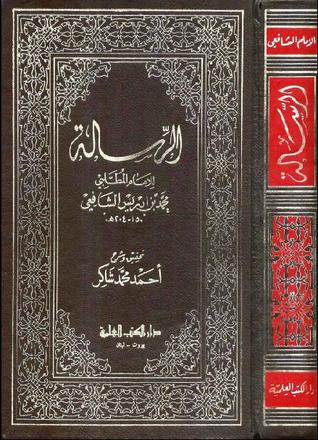
(Arabic: محمد بن إدريس الشافعي)
Muhammad ibn Idrīs al-Shāfīʿī was a Muslim jurist of early Islam. Often referred to as 'Shaykh al-Islām', al-Shāfi‘ī was one of the four great Imams, whose legacy on juridical matters and teaching eventually led to the Shafi'i school of fiqh (or Madh'hab). He is often referred to as Imam al-Shafi‘i.
Legacy
Al-Shāfi‘ī developed the science of fiqh unifying 'revealed sources' - the Quran and hadith - with human reasoning to provide a basis in law. With this systematization of shari'a he provided a legacy of unity for all Muslims and forestalled the development of independent, regionally based legal systems. The four Sunni legals schools or madhhabs keep their traditions within the framework that Shafi'i established.
Al-Shāfi‘ī gives his name to one of these legal schools Shafi'i fiqh - the Shafi'i school - which is followed in many different places in the Islamic world: Indonesia, Malaysia, Egypt, Somalia, Yemen as well as Sri Lanka and southern parts of India.
Saladin built a madrassa and a shrine on the site of his tomb. Saladin's brother Afdal built a mausoleum for him in 1211 after the defeat of the Fatamids. It remains a site where people petition for justice.
Works
He authored more than 100 books.
Al-Risala — The best known book by al-Shafi'i in which he examined principles of jurisprudence. The book has been translated into English.
Kitab al-Umm - his main surviving text on Shafi'i fiqh
Musnad ash-Shafi'i (on hadith) - it is available with arrangement, Arabic 'Tartib', by Ahmad ibn Abd ar-Rahman al-Banna
In addition to this, al-Shafi'i was an eloquent poet, who composed many short poems aimed at addressing morals and behaviour.
